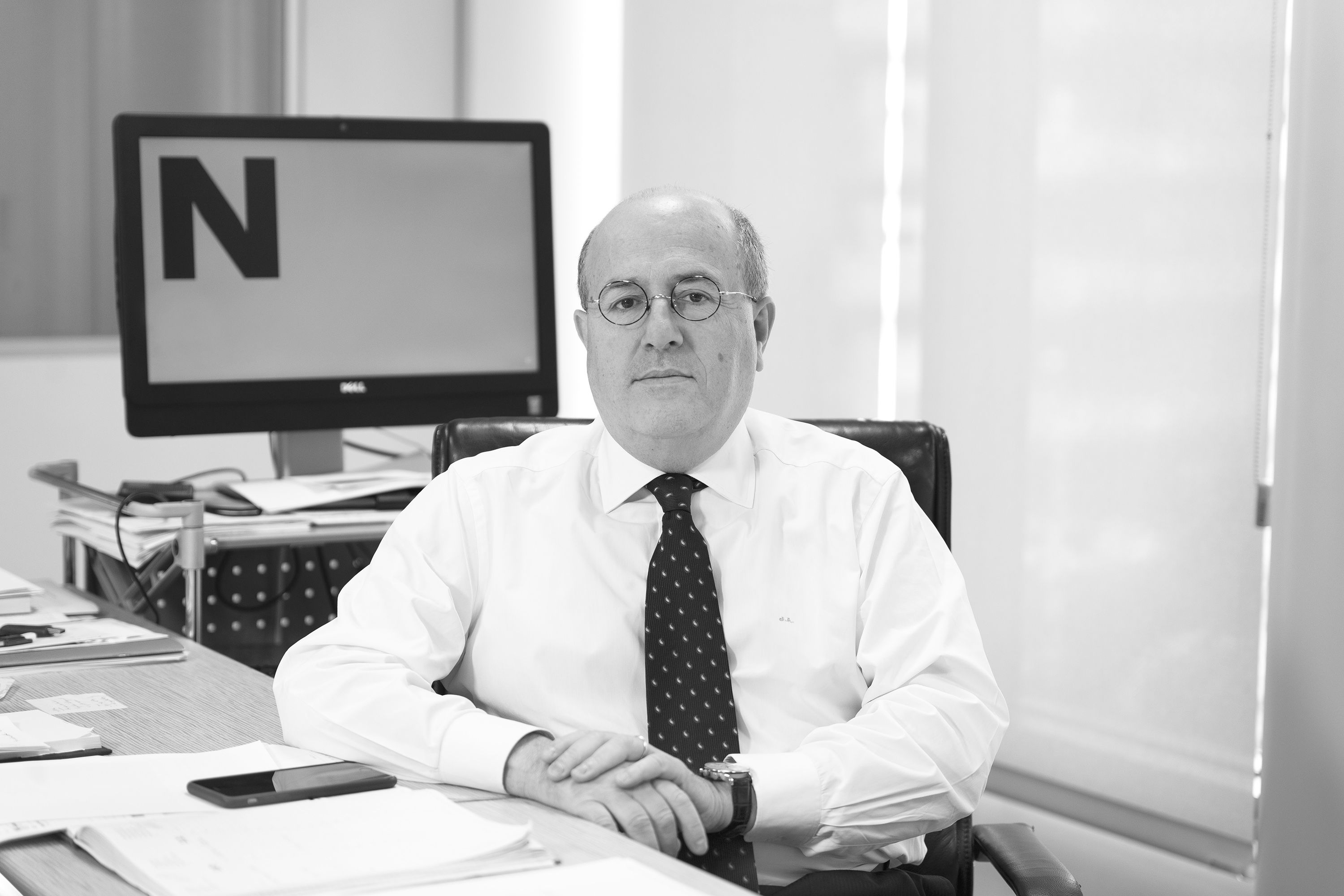The board of directors of FC Barcelona has made enormous efforts to water down the football club's sense of Catalan identity, the most singular quality of an institution which is undoubtedly, as one of its most famous slogans claims, "more than a club", thanks to its history and the desire of its members and fans. But despite those efforts, at every match the team plays at its Camp Nou stadium, a large banner is unfurled in the stands before kick-off to draw attention to Catalonia's current situation of political exception. This Saturday's version of the banner read: "Self-determination is a right, not a crime". In this case, the banner aimed to draw attention, to the Catalan independence trial that will begin in Spain's Supreme Court on Tuesday, 12th Feburary.
That Barça's response on this issue has been found wanting for a long time is obvious. It wasn't a question of coming out in favour of independence or not, but rather of showing, at least, a minimum amount of empathy towards the sacked government of Catalonia and the members of it who are either in jail or in exile. In fact, until recently, just a couple of weeks ago, neither the Barça chairman nor any of his deputies had visited any of the three penitentiary centres where the nine Catalan political prisoners were held. And when it finally happened, it was under the umbrella of a Barça Foundation project to help children whose parents are in prison.
This was not the only gesture that showed the institutional distancing. Last May, the seating protocol in the Camp Nou official box changed to move the position which the Catalan president, Quim Torra, would occupy. Since the late 70s when Raimon Carrasco was Barça chairman, Catalan presidents attending matches have always been given the place of honour: first with president Josep Tarradellas and then with Jordi Pujol, Pasqual Maragall, José Montilla, Artur Mas and Carles Puigdemont. Six presidents of Catalonia and six chairmen of the Barça club, and a forty year tradition of the chairman giving up his central seat to the president. Which was then quietly abandoned. Another example: the tradition of the Barça captain bearing an armband in the yellow and red stripes of Catalonia's senyera flag has gradually become less common, replaced by a band in the club's own blue and crimson colours.
The Camp Nou belongs to the Barça club, of course. And those in the club have the right to back whatever option they prefer. But the board of directors must know how to interpret the majority, how to represent the club. How to take positions even if sometimes it is uncomfortable. The difference between a club owned by a magnate from Russia, China, the UAE or some other country, and one in which the members actually own the sporting institution lies precisely in that point. It's as simple as that. And as difficult as that.

